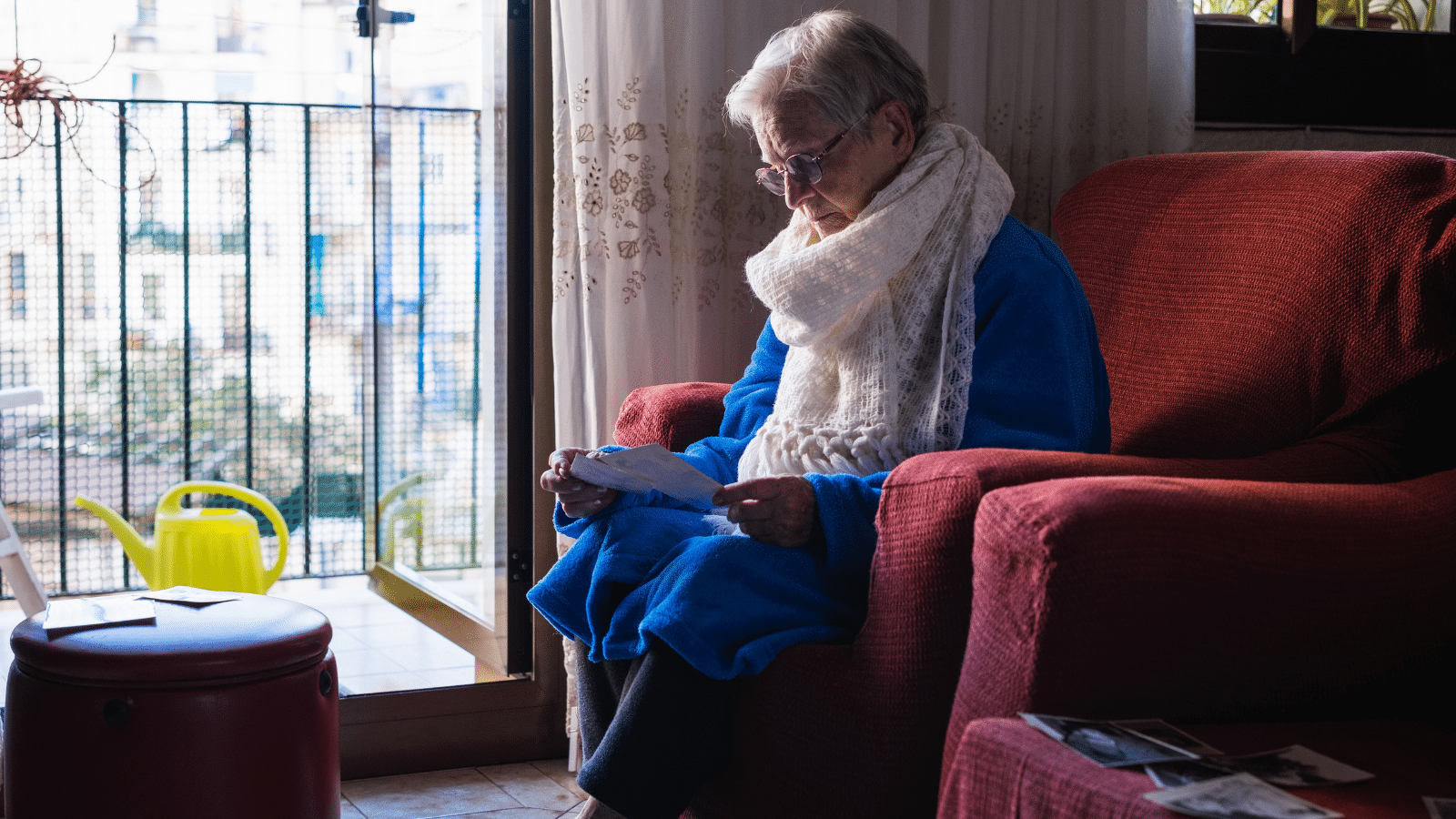In the intricate tapestry of life, the role of socialization changes as we journey through its various stages. For many older men, the need for frequent social interaction undergoes a transformation, shaped by evolving priorities, retirement, health considerations, and a growing sense of contentment in solitude. In this exploration, we unveil 18 compelling reasons behind the choices that lead many older men to seek less social interaction in their later years.
Changing Priorities

As men age, changing priorities often reflect a desire to focus on what matters most in life. Family, personal interests, and career achievements take precedence over socializing, as they seek fulfillment and contentment in these areas, aligning with their evolving life goals.
Retirement

Retirement can usher in a shift from a social workplace environment to more leisurely, solitary activities. Older men may not feel the need to socialize as much when they no longer have the structured interactions and camaraderie that work provided, instead opting for relaxation and personal pursuits.
Health Concerns

Age-related health issues can limit physical mobility, leading older men to choose solitude over social activities. Health-related challenges may reduce the desire to engage in physically demanding or socially draining events, as they prioritize self-care and well-being.
Contentment

Many older men find contentment in solitude, using this time to reflect on their life’s journey and derive joy from personal hobbies, reading, or quiet moments of introspection. A sense of inner peace and satisfaction can make them less inclined to actively seek out social engagements.
Widowhood

The loss of a partner often leads to a decreased desire for social interaction, as they navigate grief and cope with the void left by their loved one’s absence. This emotional burden can make socializing seem less appealing, especially in the early stages of bereavement.
Nurturing Existing Relationships

Older men may choose to invest more time in strengthening existing relationships with family and close friends, valuing the deep connections they’ve cultivated over the years over superficial social interactions.
Decreased Social Circles

The natural life changes that come with aging can lead to a reduction in social circles. This can result from factors such as retirement, relocation, or friends moving away, making socializing less frequent and necessary.
Introversion

Some men may have introverted personalities, and as they age, they may become more comfortable with their natural tendencies to enjoy solitude or have smaller, meaningful interactions over large social gatherings.
Communication Technology

The availability of technology and social media allows older men to maintain connections with friends and family without the need for frequent in-person interaction. They may find comfort in staying connected virtually, reducing the need for face-to-face socializing.
Economic Stability

With financial security, older men may feel less motivated to network or socialize for career advancement. The absence of professional pressures and the achievement of financial stability can reduce the need for social interactions primarily focused on work or career goals.
Fulfilling Hobbies

As older men explore fulfilling hobbies and interests, they often find satisfaction and contentment within these pursuits, which can naturally reduce the desire for extensive social interaction. Engaging in creative, intellectual, or recreational activities provides a sense of purpose and joy that can outweigh the need for constant social engagement.
Parental Role

Focusing on their roles as parents or grandparents can lead to a decrease in socializing beyond family circles. Many older men find profound fulfillment in supporting and spending time with their families, prioritizing the bonds they share with loved ones over external social relationships.
Embracing Solitude

Over time, some older men come to appreciate solitude and the peace it offers. The quiet moments of reflection, the ability to engage in personal pursuits, and the absence of social obligations become preferable, enhancing their overall well-being and life satisfaction.
Time Constraints

Caring for aging parents, grandchildren, or other responsibilities can impose time constraints that limit availability for socializing. These caregiving roles can be demanding and fulfilling, often requiring a substantial portion of their time and attention.
Selective Socializing

Older men may become more selective about the company they keep, preferring quality over quantity in their relationships. This discerning approach allows them to invest in meaningful, genuine connections while reducing the need for a wide range of social interactions.
Geographic Relocation

Moving to a different location or climate after retirement can disrupt established social networks. Adjusting to new surroundings and social circles can take time, leading to a temporary reduction in social interaction until they rebuild connections in the new environment.
Deeper Reflection

With age comes a natural inclination for deeper reflection on life’s journey, personal growth, and the pursuit of meaning. Many older men spend more time contemplating these aspects of life, and these reflective moments can become more valuable than frequent socializing.
Cultural Shift

Changing societal norms challenge traditional notions of masculinity that emphasize constant social activity. This cultural shift allows for a broader range of expressions and choices in later life, empowering older men to embrace a more diverse spectrum of behaviors and preferences beyond the conventional expectations of socializing.
21 Things That Shout You’re “Lower Class” According To Men

Class wars creep up in all aspects of life, including dating. We take a look at the things that men believe are telltale signs that you are lower class.
21 Things That Shout You’re “Lower Class” According To Men
Boomer Zoomers vs. Millennial Meh: 10 Cars the Older Gen Loves but Millennials Just Can’t Stand

The change in the automotive industry has been incredible over the year. Baby boomers born between 1946 and 1964 can’t get enough of the cars listed below, as muscle cars emerged in the 1960s, and new technologies appeared in the 1970s and 1980s. You can imagine why boomers genuinely appreciate these vehicles.
Boomer Zoomers vs. Millennial Meh: 10 Cars the Older Gen Loves but Millennials Just Can’t Stand
Across the Pond Disdain: 18 Horrendous American Habits Foreigners Just Can’t Stomach

There is a lot to love about America, from the bright lights of New York to the incredible breakfasts, but foreigners also dislike many things. We look at everything from poor public transport to an intimidating tip culture, sharing 18 things that America could be better at.
Across the Pond Disdain: 18 Horrendous American Habits Foreigners Just Can’t Stomach
Out with the Old: 18 Gen X Fads That Millennials and Gen Z Just Can’t Vibe With

While some old habits die hard, there are some things that Gen X need to eliminate as they are no longer relevant.
Out with the Old: 18 Gen X Fads That Millennials and Gen Z Just Can’t Vibe With
18 Unpleasant States You Might Want to Skip on Your Next Trip

When thinking of America, we don’t expect there to be boring or unpleasant places to visit. We see all the different states on the TV, and they show the best parts. However, there are some states you won’t want to visit, and you should brace yourselves if you ever happen to stumble into them.
18 Unpleasant States You Might Want to Skip on Your Next Trip






